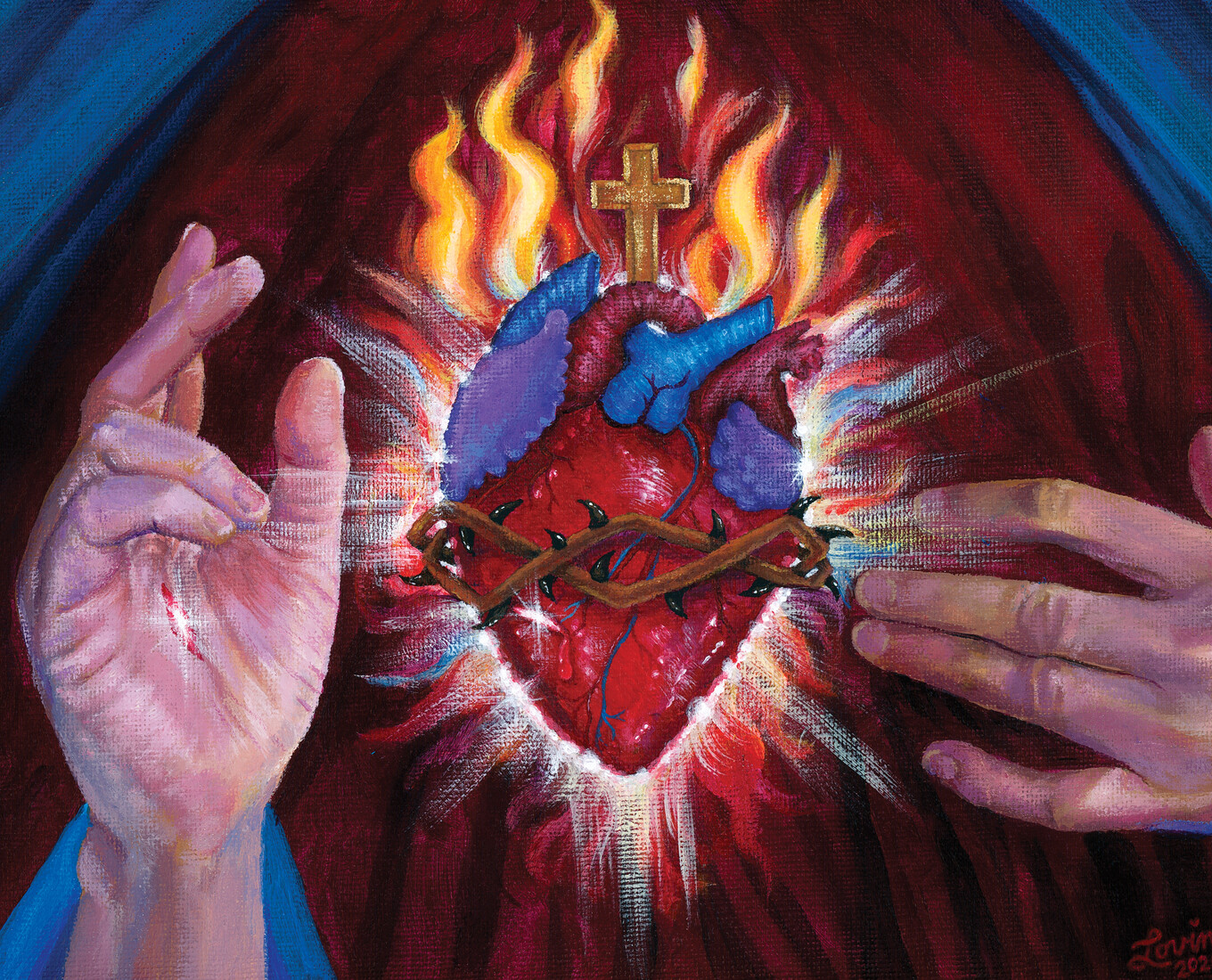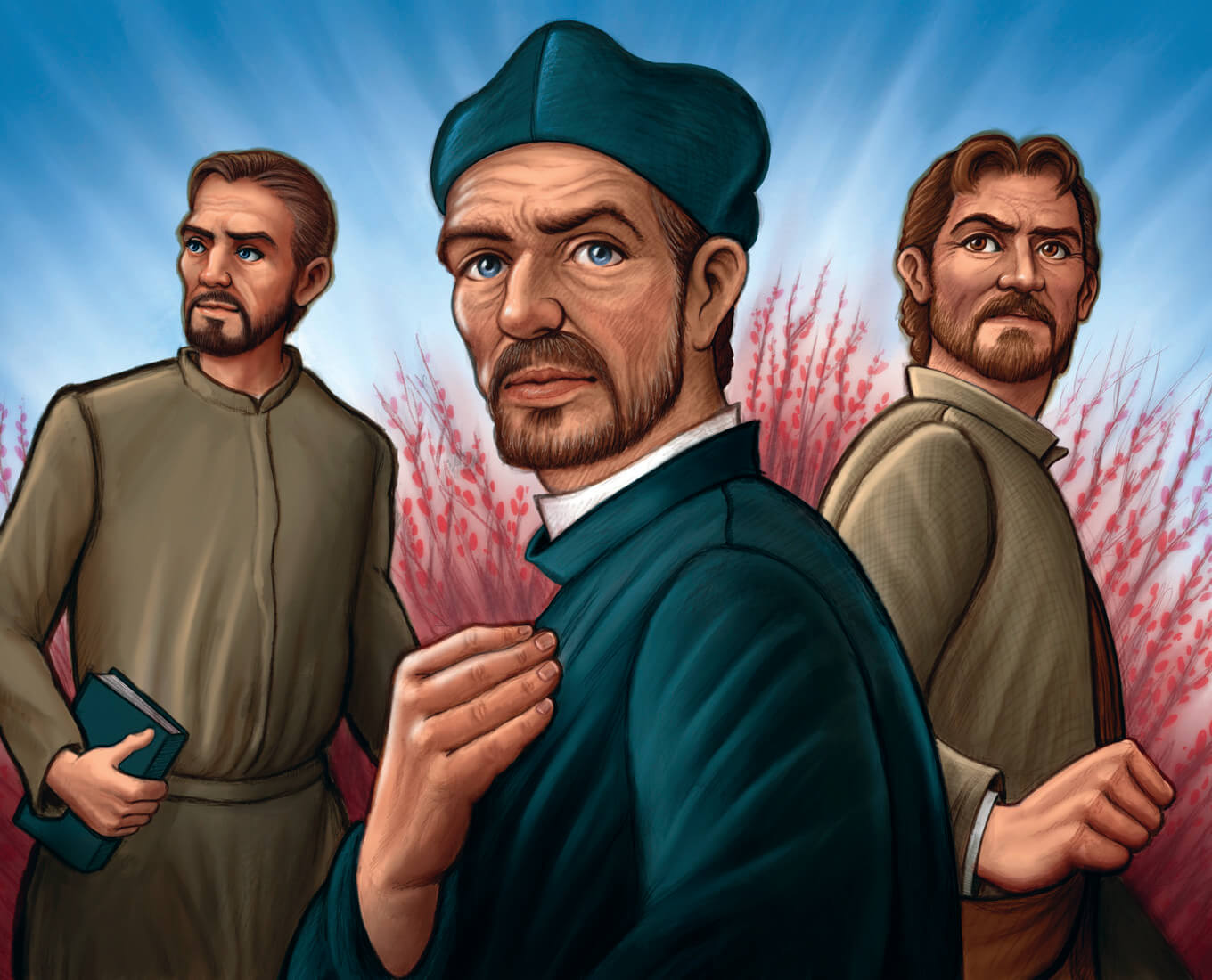Editor's Note: In November 2024, a group of anxious seniors approached Fr. Maczkiewicz, associate vice president for mission and ministry, inviting him to offer some wisdom about how they could discern their future paths. He spoke to them at a campus Pub Night about the best of the Ignatian tradition, and HCM asked for his highlights. Here is the final reflection of a three-part series, Discernment 101. Read Part 1 and Part 2 here.
They likely had no idea they were doing so, but the Snickers candy company offered a deep theological truth in a ubiquitous ad campaign that ran for several years. One commercial in particular was quite memorable: It featured Aretha Franklin riding in a car with friends, complaining about the lack of air conditioning. A friend offers her a Snickers bar saying, “Every time you get hungry, you turn into a diva.” She takes a bite and — presto — Aretha, sated, transforms into someone else entirely. The tagline then appears, splashed across the screen: “You’re not you when you’re hungry.”
What a fundamental truth that is, and found squarely in the Ignatian tradition of discernment: that when some force or inclination has an unreasonable hold upon you, you are not really you, and the choices you make fail to reveal your real character or what is most important to you. I call these forces “unfreedoms” and identifying them, well, that is the real work of the discernment process.
So, what obstacles could be limiting your freedom by blocking you or inclining you to one alternative over the other? What are your unfreedoms? For the college student, the fear of missing out, or FOMO, looms large. During my years in the Chaplains’ Office, I had the experience of sitting with students who were completely paralyzed as they agonized over the choice of whether to study abroad or not. The thought of missing out on a familiar, glorious Holy Cross spring weekend — even with the promise of carefree European travel and adventure — was too much. And so they sat frozen, unable to make a choice one way or the other.



